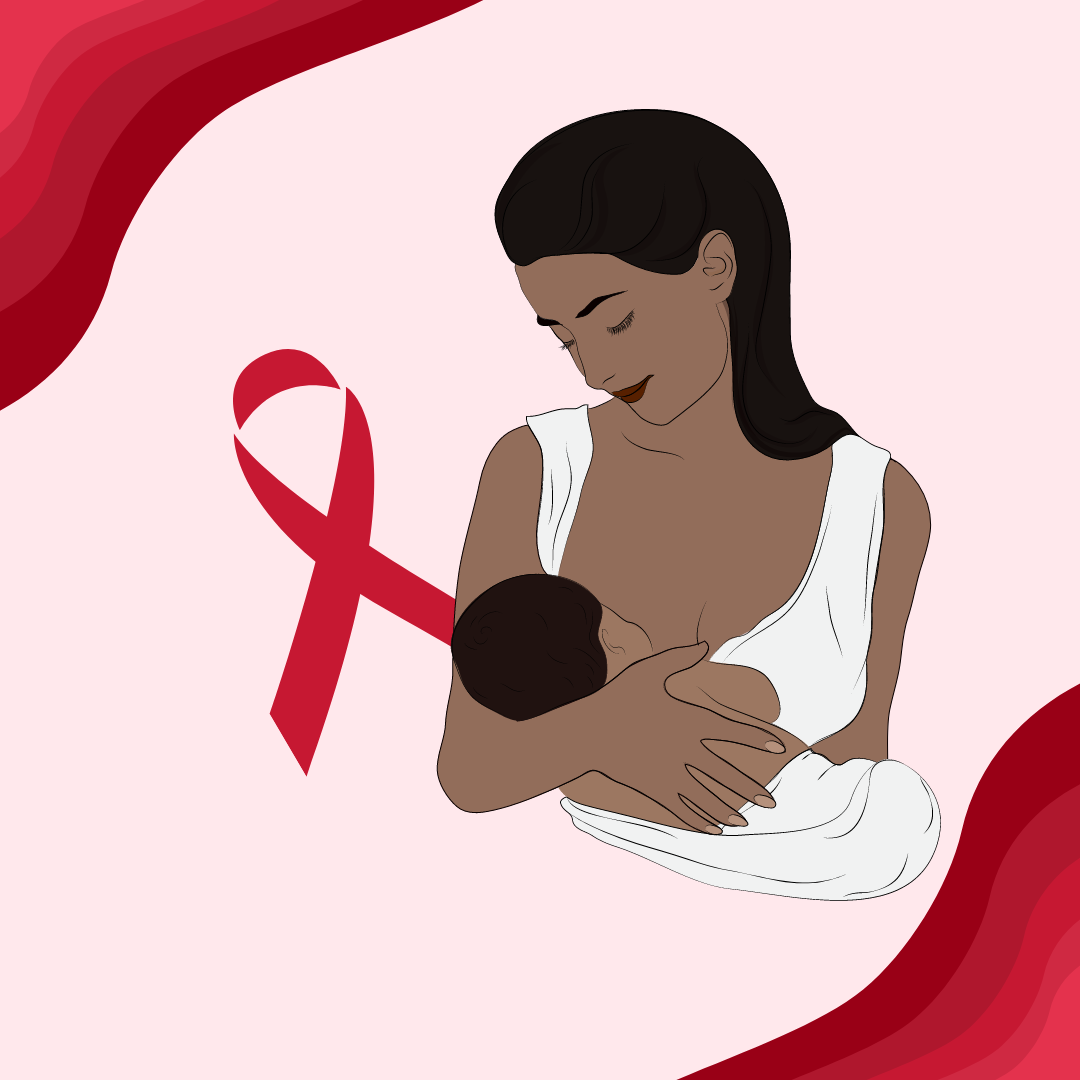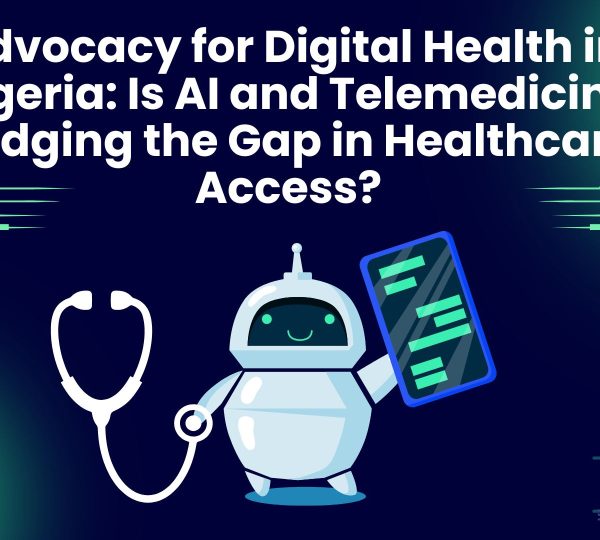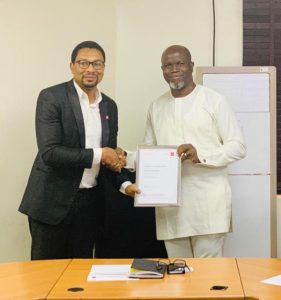Pregnancy and AIDS: Exploring the Challenges and Care
By Aisha Dadi, Simeon Christian Chukwu, Irene Osoata & Esther Onuh
Pregnancy and childbearing in countries like Nigeria is usually filled with anticipation, anxiety and sometimes apprehension. For women living with HIV/AIDS, this journey is accompanied by unique challenges and concerns. With an estimated 1.8 million people living with HIV (PLWHIV), Nigeria ranks among countries with the highest number of HIV/AIDS cases in Sub-Saharan Africa (UNAID, 2022). Recent studies indicate that approximately 7.22% of pregnant women in Nigeria are living with HIV[1], highlighting the urgent need to address the specific challenges faced by the population.
Exploring the Challenges
The challenges for pregnant women living with HIV/AIDS is multifaceted and linked to a lot of risk factors including and very importantly, mental health. These challenges have their unique approach towards mitigation and if not addressed may lead to comorbidity. These includes access to comprehensive care, health risk during pregnancy, stigma-related issues and other medical management.
Access to Care: A good number of pregnant women around the world still do not have access to healthcare facilities especially those in rural areas and this put their lives as well as their unborn child/children in great danger. Women in some communities have to walk or travel long distances to be able to access care. This is what has given rise to preponderance of Traditional Birth Attendants (TBAs) who are always available and accessible in the communities.
Health Risk during Pregnancy: Pregnant women living with HIV/AIDS are at a heightened risk of experiencing complications such as preterm birth, low birth weight, and pregnancy-related infections. These health risk not only have an impact on the mother but also pose potential danger on the unborn child. This is essentially why Prevention of Mother-to-Child Transmission (PMTCT) programmes are necessary in addressing the challenges of care during pregnancy.
Social Stigma and Discrimination: Stigma remains a major issue in the fight against HIV/AIDS. Pregnant women living with HIV face discrimination and social stigma in Nigeria. This stigma can have a profound impact on their mental health and may deter them from seeking essential healthcare services and access to care and support, where available.
Medical Management: Managing HIV/AIDS during pregnancy requires so much care. In order to suppress the virus and reduce the risk of transmission to their unborn children, women must adhere to antiretroviral therapy (ART) regimens and adherence to ART can be challenging due to potential side effects and pill burden. Some women have reported not being comfortable with constant use of pills and some have discontinued the therapy thereby increasing the chances of transmission to their unborn children and even partners.
Addressing the Challenges: The Lafiyan Yara Project
In Nigeria, initiatives like the Lafiyan Yara Project and the Paediatric Breakthrough Partnership (PBP), under Society for Family Health, with funding supports from Aidsfonds International Netherlands and ViiV HealthCare United Kingdom respectively, are working to address the challenges faced by pregnant women living with HIV/AIDS. The project is currently being implemented in Taraba and Rivers States. The National HIV/AIDS Indicator Impact Survey (NAIIS) report released in March 2019 reported HIV prevalence rate in Rivers state at 3.8%, above the national prevalence of 1.4%[2]. Rivers State currently has an estimated 200,945 persons living with HIV. Taraba state on the other hand is considered the state with the highest prevalence in the North-East geo-political zone. The state has an HIV prevalence rate of 2.5% and an estimated 87,000 persons currently living with HIV (NASCP Programme Data, 2024).
The project utilises existing community structures such as Traditional Birth Attendants (TBA’s), Village Health Workers (VHWs), and Proprietary Patent Medicine Vendors (PPMVs) to facilitate prevention and early detection of HIV through health education, referrals for HIV testing services and antenatal care to health facilities, and community testing. The project aims to ensure that all pregnant women receive the necessary support and care during and after their pregnancy journey.
The project is currently in the second year of its Phase 2 implementation cycle (August 2023 – July 2024) and within this period, it has reached well over 9,984 pregnant women and lactating mothers with testing services and has also enrolled 59 positive cases (0.6% positivity yield) to care with 100% linkage to care. This is a positivity yield that is above national prevalence rate. This supports the project’s theory of change that early detection for HIV has the propensity to reduce infant, child and maternal mortality, increase access to ANC services by pregnant women and enhance exposure to PMTCT services, which consequently lowers the chances of HIV vertical transmission among infants. Strengthening community HIV interventions through capacity building of community structures and clinic-community-collaboration will improve HIV services update especially among the vulnerable groups – women and children which will lead to the actualization of the UNAIDS goal of ending new infection by 2030.
By leveraging community networks and promoting comprehensive HIV/AIDS healthcare services, initiatives like the Lafiyan Yara and PBP projects play a crucial role in supporting pregnant women and lactating mothers living with HIV/AIDS services in Nigeria. Through collaborative efforts, it is possible to mitigate the challenges faced by women living with HIV/AIDS and improve maternal and child health across the country.





